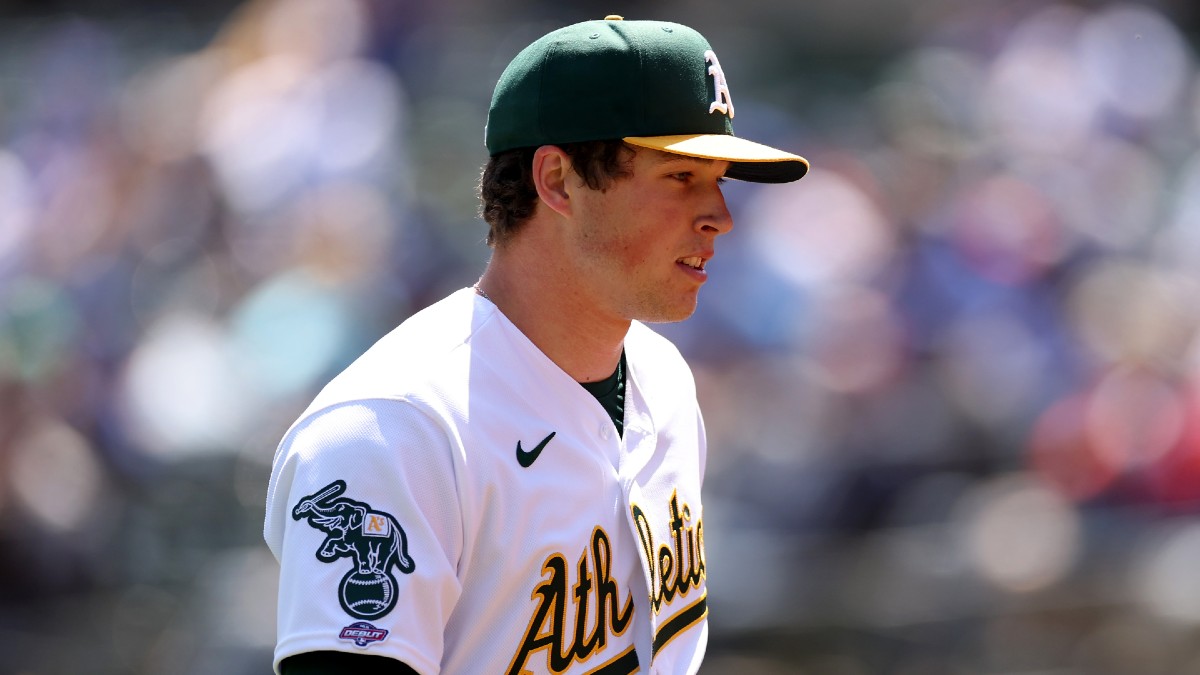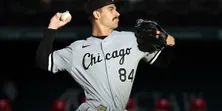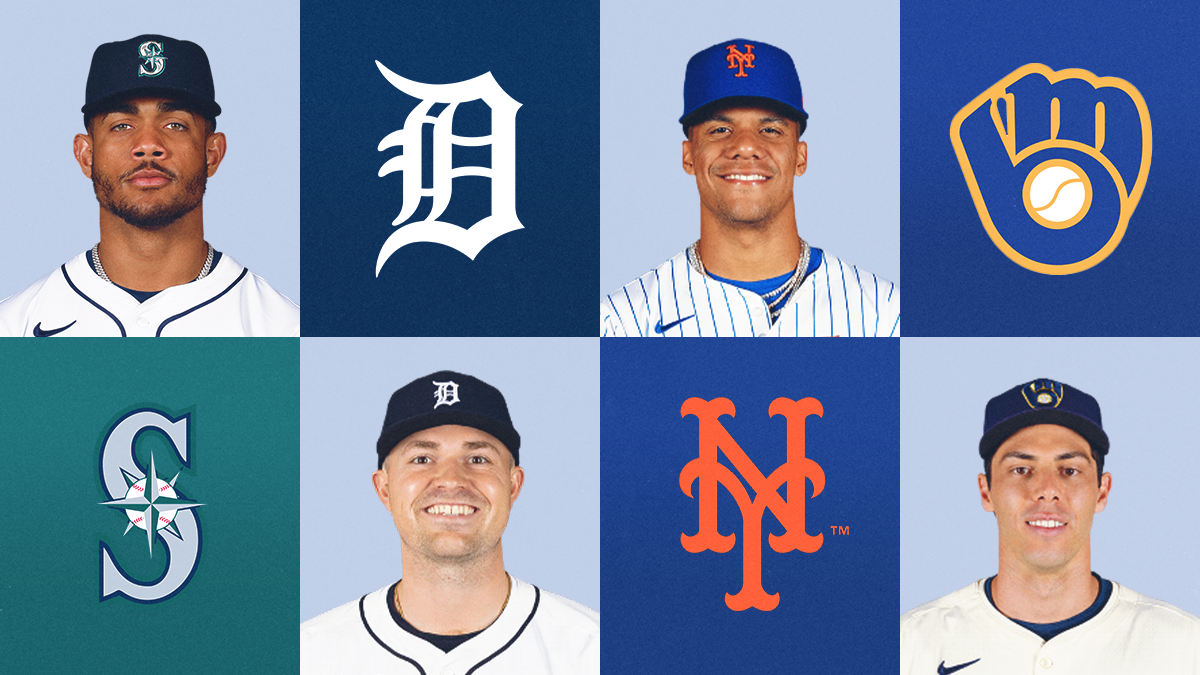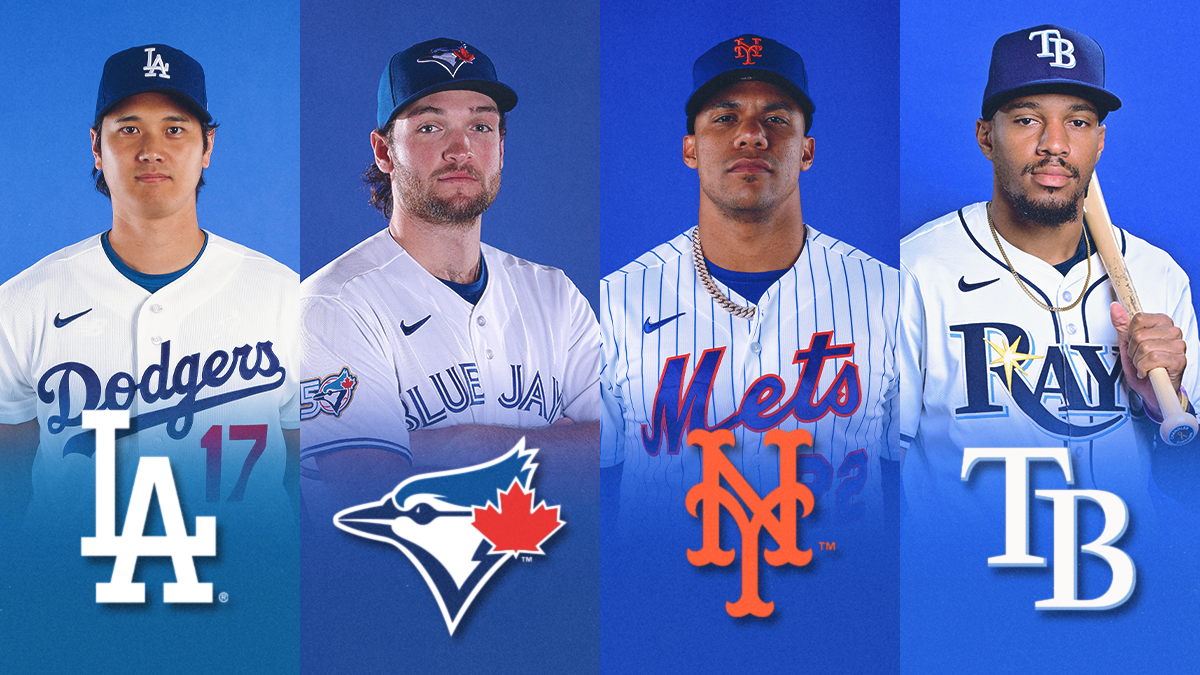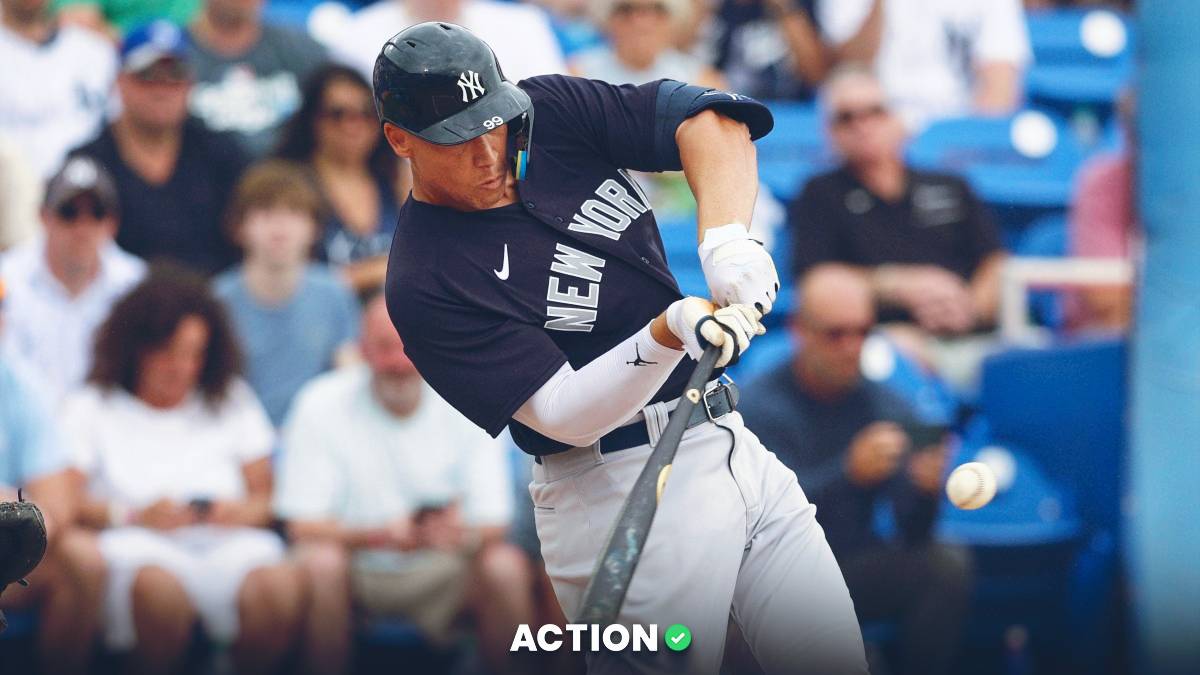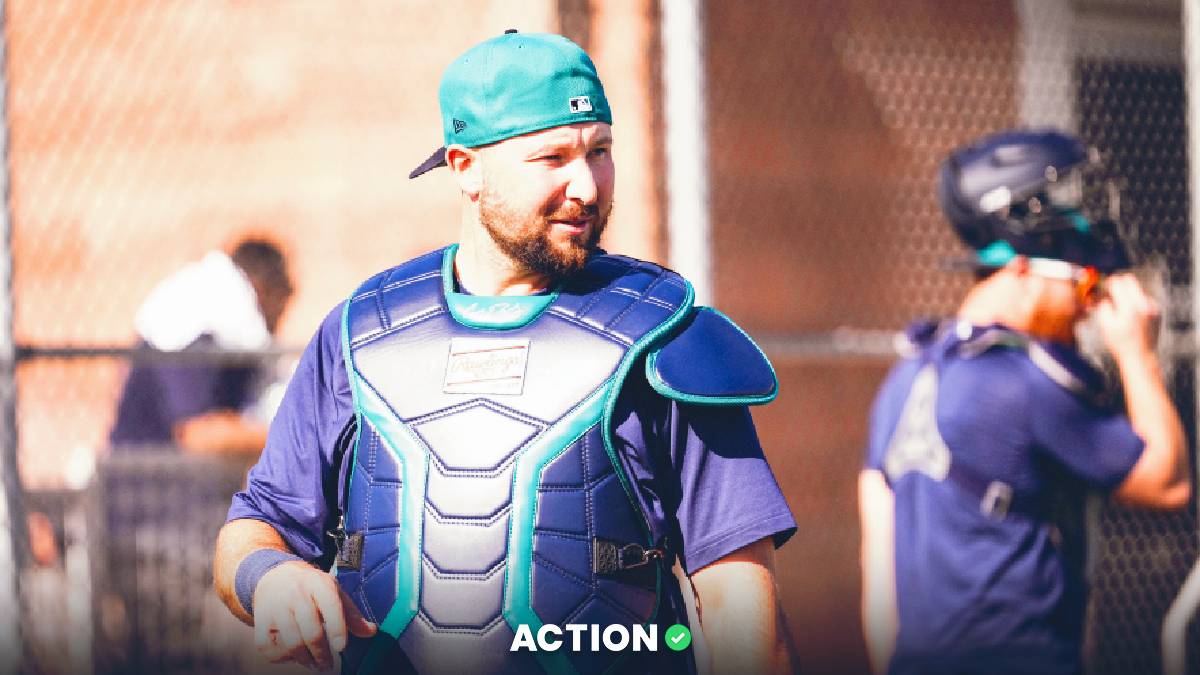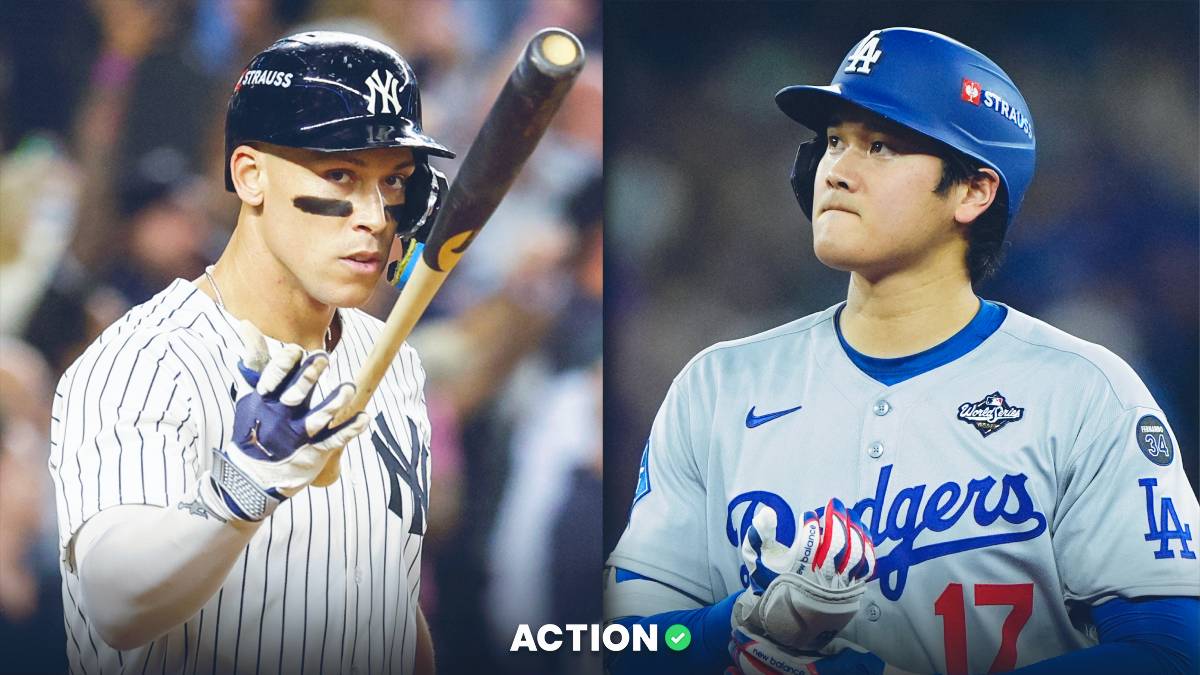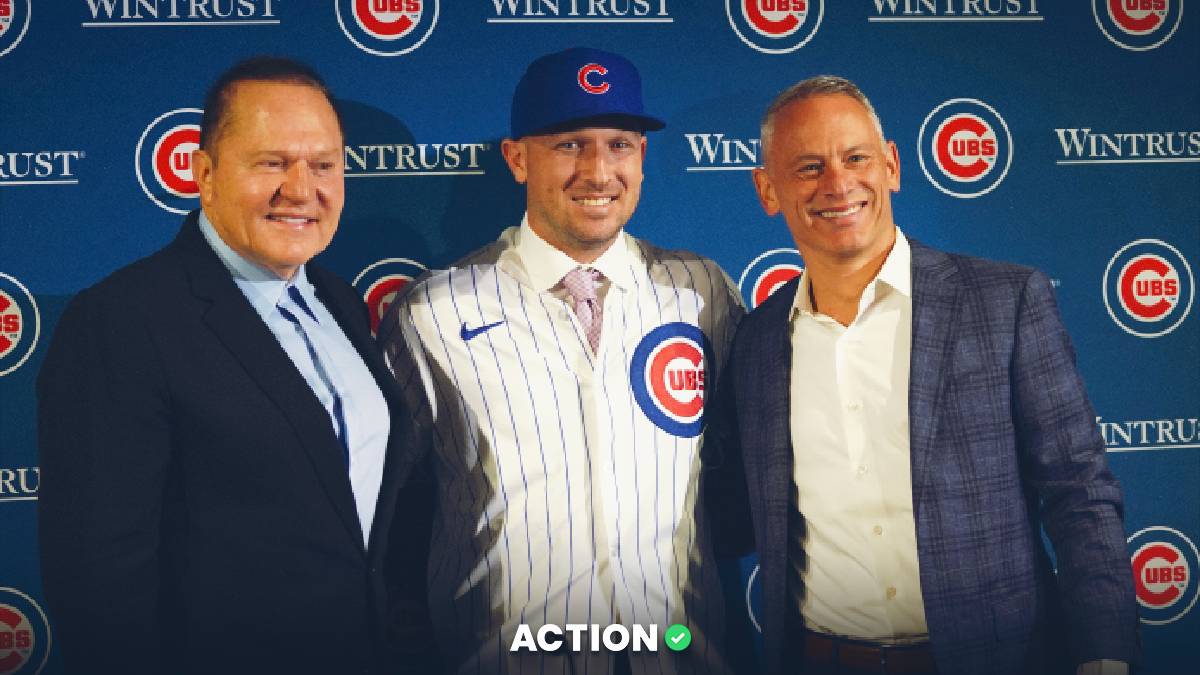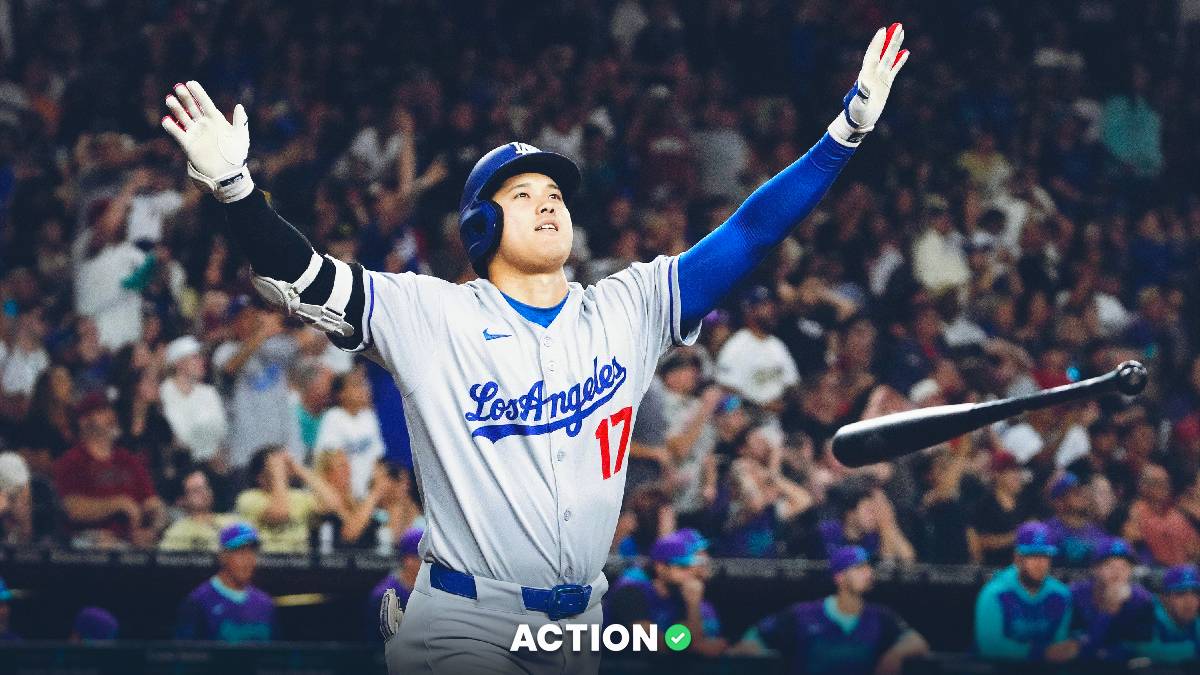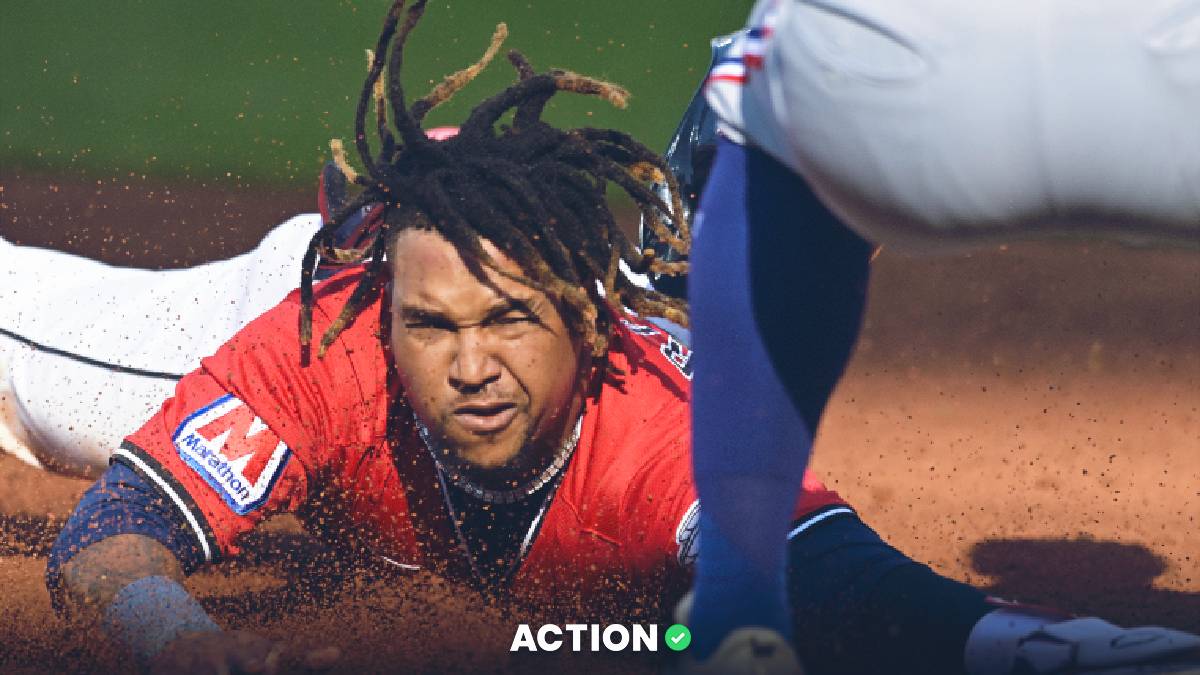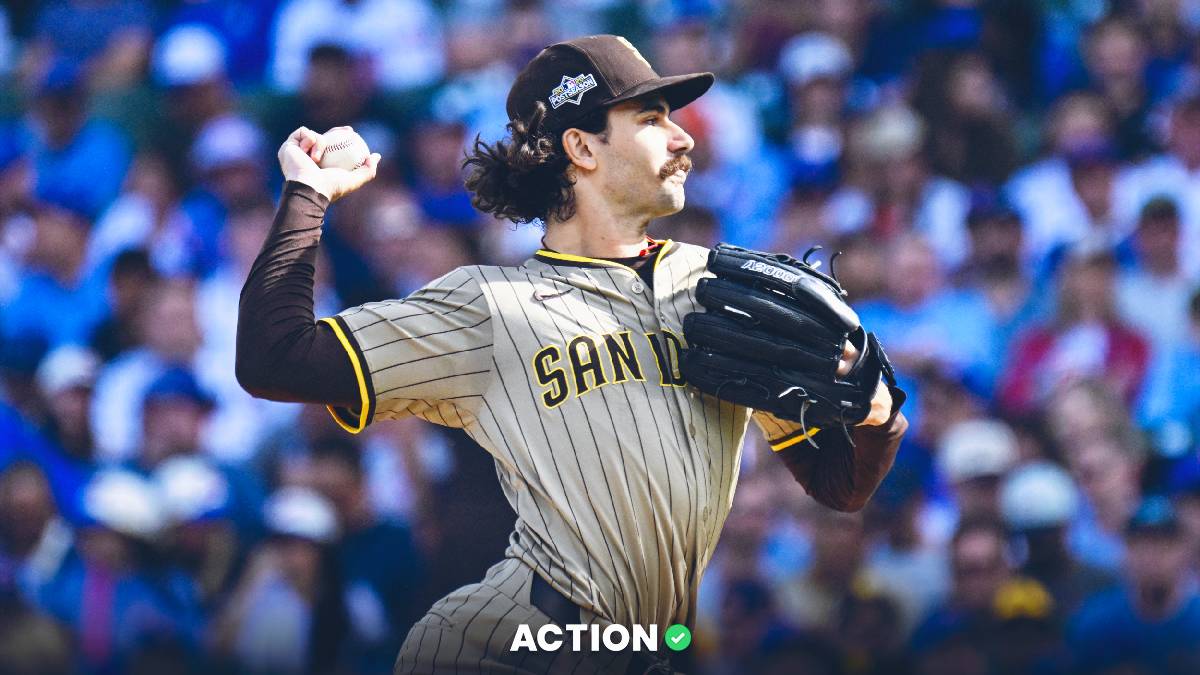- Another day of MLB action means another day with plenty of NRFIs and YRFIs to bet.
- Billy Ward consulted his model and came through with three YRFIs and one NRFI to bet for Tuesday's MLB slate.
- Check out all four of his picks for Tuesday's games below.
Tuesday's slate is a tricky one, with every team in action but a lot of younger pitchers without a ton of data or recent data to draw from.
I've learned my lesson in trying to draw conclusions on these small sample-size pitchers, so I won't be pressing my luck unless we have more robust data — with one notable exception.
The Model
The process is relatively simple. First, I start by assuming that the full game (implied) run totals for either team are roughly efficient. As mentioned above, that tends to be the case more often than not. This saves me the trouble of trying to predict the total runs scored in the game — and allows me to focus strictly on the "when" rather than "how many."
Next, I built a database of pitchers' performances the first time through the order, relative to their overall stats. Since the latter is presumably baked into the full game total, I wanted to figure out if those runs are more likely to come early or late.
Most — but not all — MLB starters do somewhat better early in games, but with some variance in just how much. The model uses xFIP (expected Fielding Independent Pitching) as the ERA predictor of choice.
That's only half of the equation, though, with the offenses making up the other half. To do this, I looked at what percentage of a team's total runs is produced by the top three batters in the lineup.
While a first inning run scored, by definition, needs at least four hitters to come to the plate, one of the first three has to actually score it. The metric of choice here is wRC+, based on the projected lineup for the day from each team.
This is a bit of a tradeoff, as lineups (and run totals) can shift throughout the day, especially if significant contributors miss time. However, in my experience the inefficiency of the morning lines more than makes up for the leakage in the model. With that said, exercise caution if, say, Mike Trout is listed as questionable for the night's game.
The Picks
With all of the picks below, I'll include the pick, the best line and the threshold I'd bet it to. These will go up in the morning, so if any major news breaks between publishing and when you read it, be sure to consider that.
Infrequently, rather than betting on the traditional YRFI/NRFI, the pick will be on one team or the other specifically to score a run, which as of this writing is only a betting option at DraftKings. Since the model handles each team individually, sometimes one team is projecting for a greater proportion of the "run equity" in the first inning than the betting lines are accounting for.
NRFI Odds, Picks for Tuesday, April 25
Pittsburgh Pirates vs. Los Angeles Dodgers YRFI: Both teams involved rank top-10 in the proportion of their offense that comes from the top of the lineup against righties. Neither pitcher involved is especially strong the first time through the order, so that combination with an 8.5-run total makes the YRFI fairly strong.
Baltimore Orioles vs. Boston Red Sox YRFI: This is similar to the situation, except with a nine-run total and slightly less productive tops of the lineups. We're working with a limited sample size on O's starter Kyle Bradish, so this one is slightly more fragile but projects just as well as the Pirates vs. Dodgers game.
Philadelphia Phillies vs. Seattle Mariners NRFI: This game has a total of just eight despite two solid offenses. Both pitchers involved have solid stats their first time through the order. Most importantly, FanDuel is being a bit more generous with the line here than anywhere else.
Pick: Phillies vs. Mariners NRFI |
Los Angeles Angels vs. Oakland A's YRFI: There's too small of a sample size on both starters for my model, but even money on an Angels YRFI is too good to pass up. Even being extremely conservative with both starters' splits, this projects at about 55% to the yes side, with most of the value coming from the Angels.


